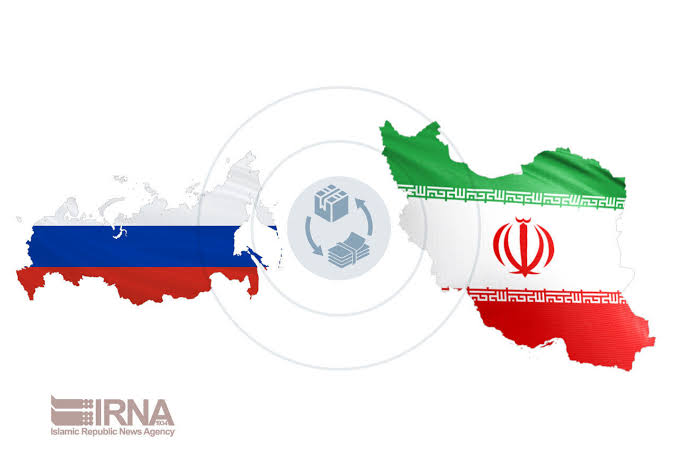Tehran and Moscow Seal 20-Year Alliance to Expand Military and Economic Ties
RUSSIA, RAKYAT NEWS — Iran and Russia have signed a landmark Comprehensive Strategic Partnership Treaty, deepening bilateral ties across military, economic, and geopolitical domains.
The agreement, inked in Moscow, reflects both nations’ intent to resist Western sanctions and promote a multipolar world order that reduces U.S. dominance on the global stage.
The sweeping treaty outlines ambitious goals, including enhanced cooperation in defense, intelligence, trade, energy, and technology. It commits both governments to oppose foreign interference and refrain from supporting separatist movements within each other’s borders—an effort to solidify internal stability amid external pressures.
A centerpiece of the agreement is robust military and defense collaboration. Article 5 provides for joint naval exercises, arms transfers, port visits, and military training exchanges. Analysts say this may fast-track Iranian access to advanced Russian weaponry, including fighter jets, air defense systems, and sophisticated missile technology.
Security and intelligence coordination also feature prominently. Article 4 mandates intensified collaboration to combat terrorism, cyber threats, and organized crime. Notably, the treaty includes a clause where both countries vow to withhold military aid from any aggressor should either nation come under attack—interpreted as a message to NATO and Israel.
To skirt Western economic sanctions, Iran and Russia have agreed to expand bilateral trade using national currencies, specifically the ruble and rial.
Article 21 supports joint investment in major infrastructure projects, such as the North-South Transport Corridor, and Article 23 outlines Russia’s commitment to assisting Iran’s civil nuclear energy development.
Energy cooperation is another pillar of the treaty. Article 22 promotes oil and gas collaboration, including technology transfers and swap agreements, while Article 19 lays out a strategy to evade Western sanctions through alternative financial systems and a coordinated legal push to block enforcement of U.S. and EU restrictions.


Tinggalkan Balasan Batalkan balasan